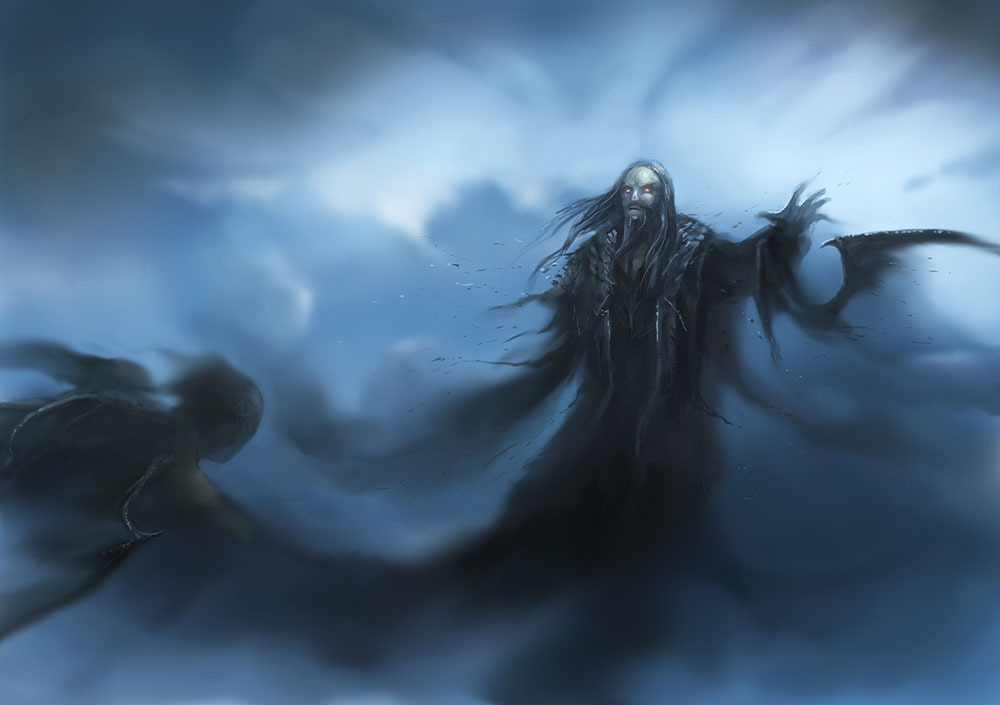Astraeus
Titan god of the stars, the winds, and the art of astrology
Every time you look to the west in the evening, just before the stars come out, and see the gorgeous oranges, yellows and reds of a beautiful sunset, you can thank one of the Olympians (well, not quite...more a Titan who had been given Zeus' graces in continuing his job after remaining neutral in the Titanomachy (War Between the Gods); ASTRAEUS (ah-stray-us), the God of the Dusk (sunset!)
As gods go, Astraeus was never a heavy hitter compared to some of the more famous Olympians, but he actually had quite a few accomplishments under his belt. He was responsible for ushering Hemera, the Goddess of Day, back down to her nightly resting spot in Tartarus, and preparing the way for Erebus (darkness) and Nyx, the goddess of the night.
One of his biggest and best accomplishments was marrying Eos, the Goddess of the Dawn (another of the original Titans) Together as nightfall and daybreak they produced many children who are associated with what occurs in the sky during twilight (the time between night and day).
They had many sons, such as the Anemoi (the Four Winds), and the "Astra Planeta," or planets; all of the planets seen in the skies. These mini-gods were called the "wandering stars" and were named Phainon (Saturn), Phaethon (Jupiter), Pyroeis (Mars), Eosphoros (Venus) and Stilbon (Mercury)... Greek names for the planets they could see!
They hadn't invented the telescope (it wouldn't be around for almost another 2,000 years), so there were only a few. They also had one daughter, Astraia, the goddess of the constellation Virgo (a very minor, minor goddess) Being the dad of the planets, the Greeks also considered him to be the god of stars, planets and astronomy!
In addition to his role with the planets, in many Greek paintings, Astraeus is shown dropping arrows out of his hand, falling downward. Pretty amazing how those ancient Greeks thought; those arrows represented falling stars!
Astraeus, because he was the god who oversaw the arrival of Nyx each night (who brought the stars out in her long dress and hair) he was also connected to the Greek ZODIAC, which were names for "shapes" of groups of stars, or "constellations." The Greeks believed that these were various mini-gods and heroes that had been sent to the heavens as a reward.
They also had the notion that they could predict futures based on where the different "constellations" were in the sky at any time of a person's birth. Its where we get our modern-day constellations and astrology from, so next time you open up the Sunday paper to check out your horoscope, you can give Astraeus a quick nod of thanks for the idea!
Astraeus was the son of Crius and Eurybia, two of the original Titans (some Greek writings see him as a Titan himself; others see him as a god alongside the other, younger deities.), which means that he had some serious heavenly power to work with. Either way you look at him, he's always a pleasant god to behold at the end of a long day!
[1]













